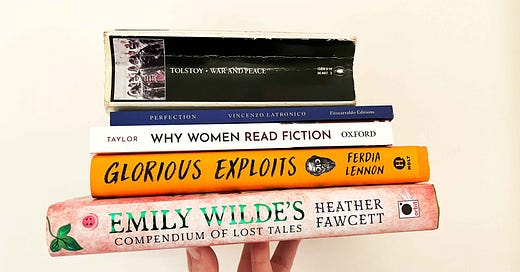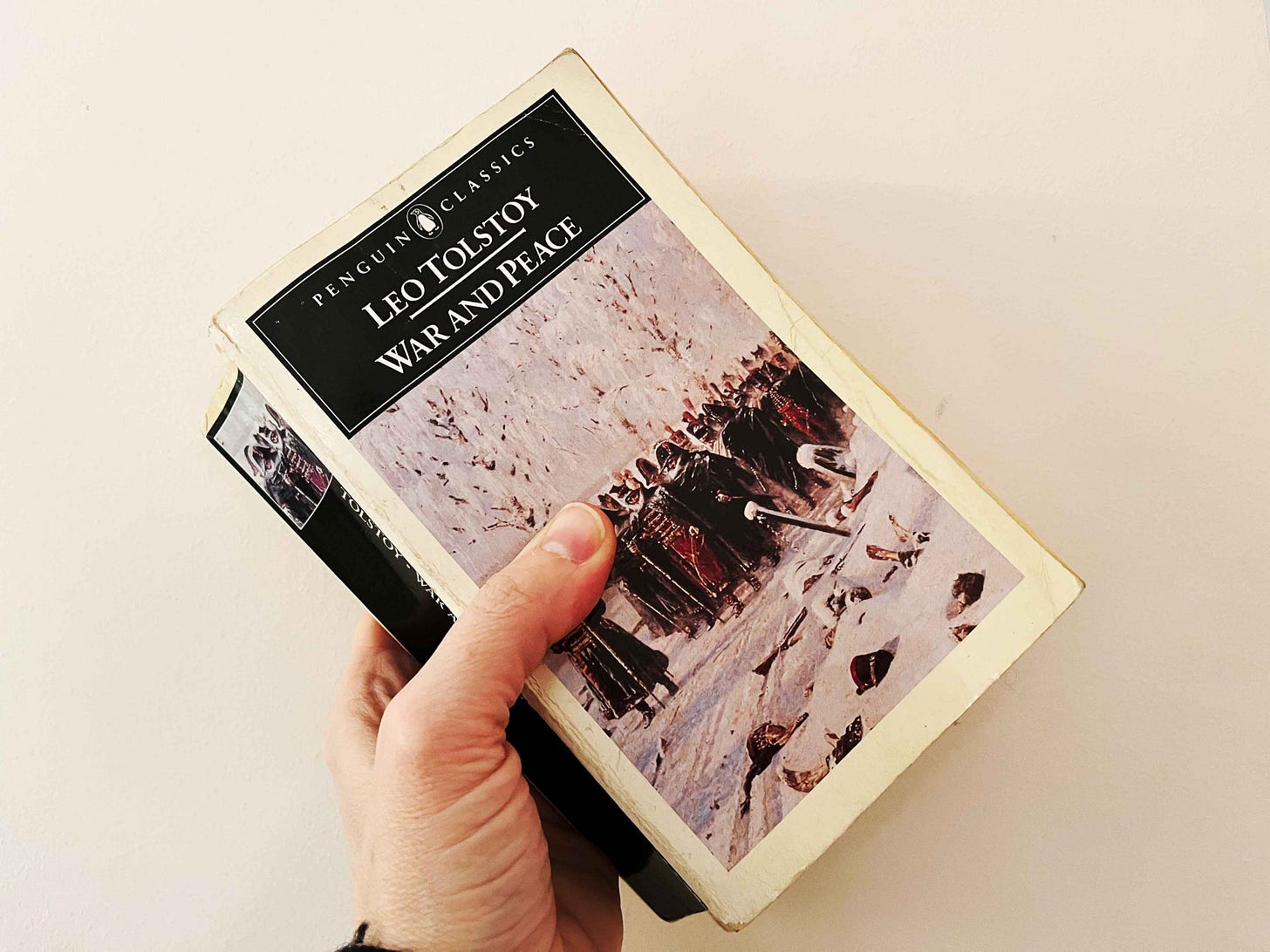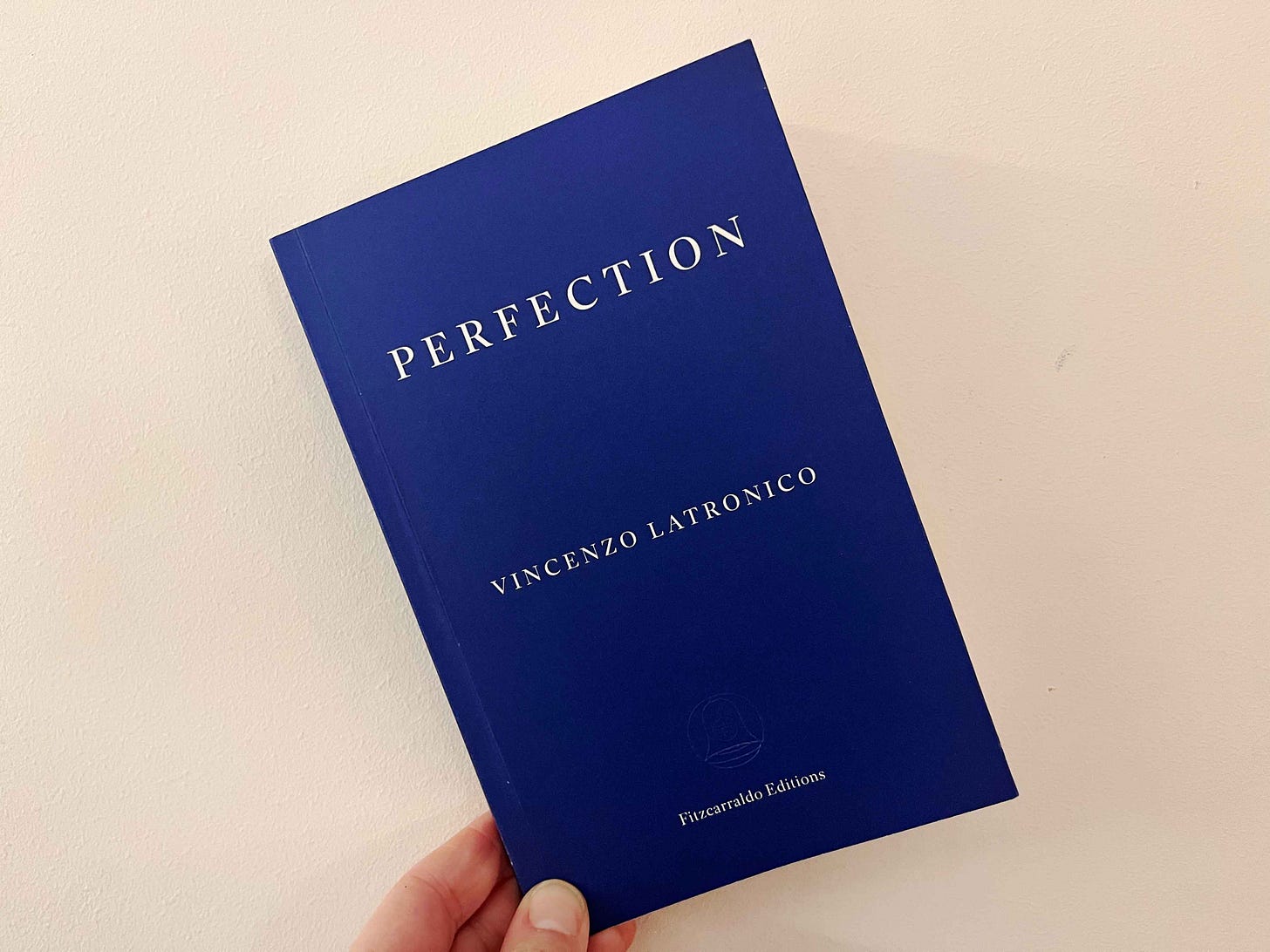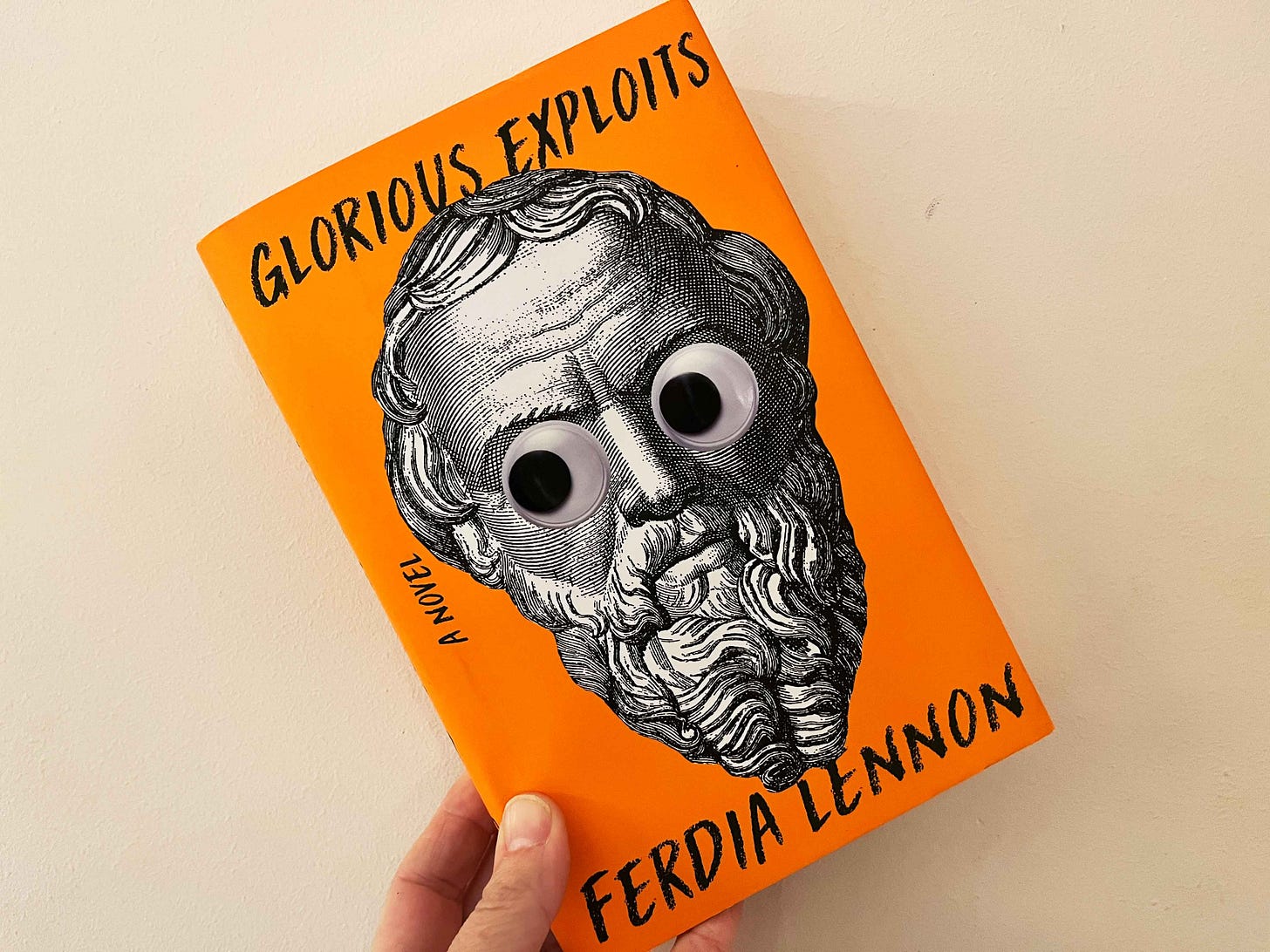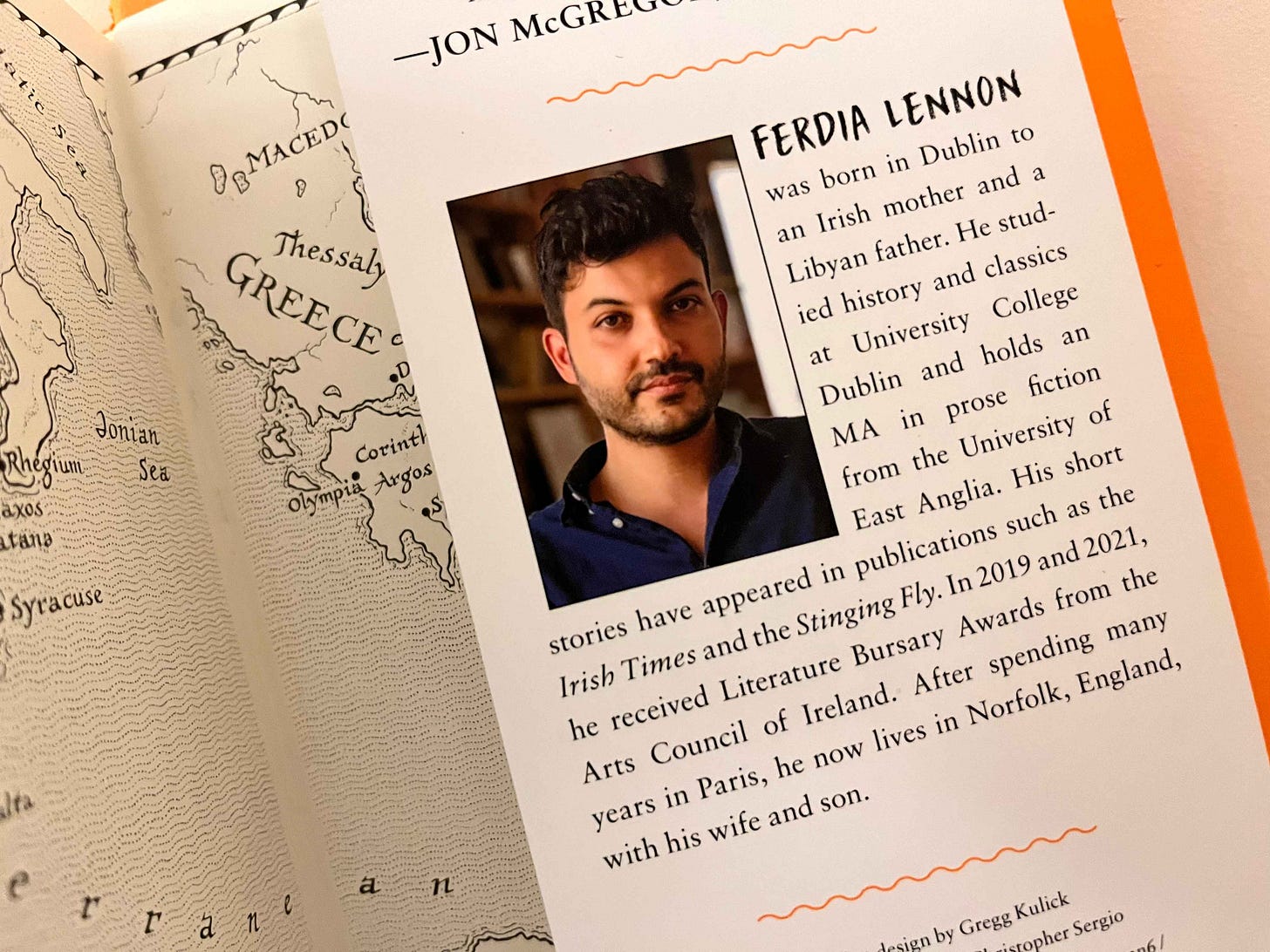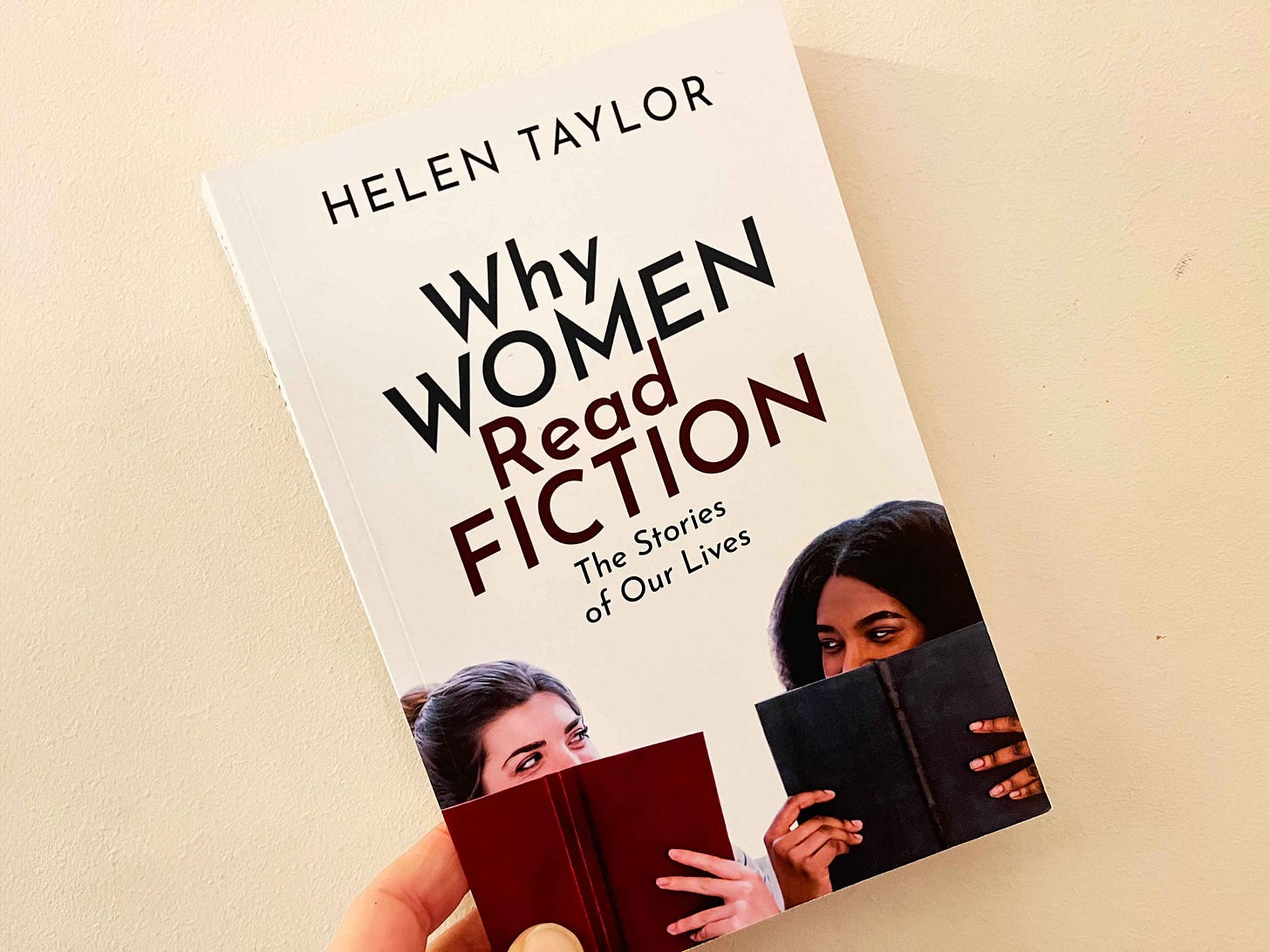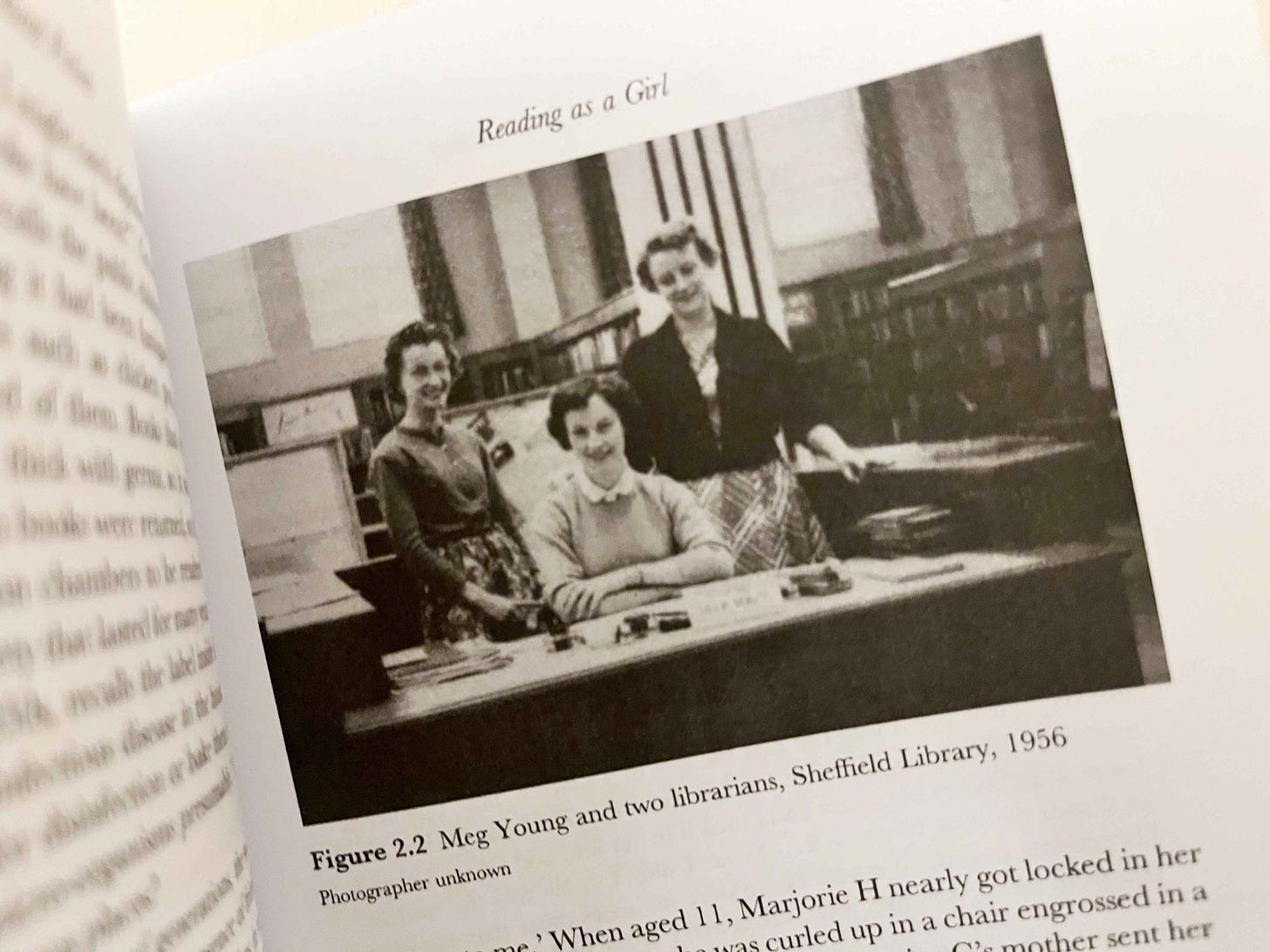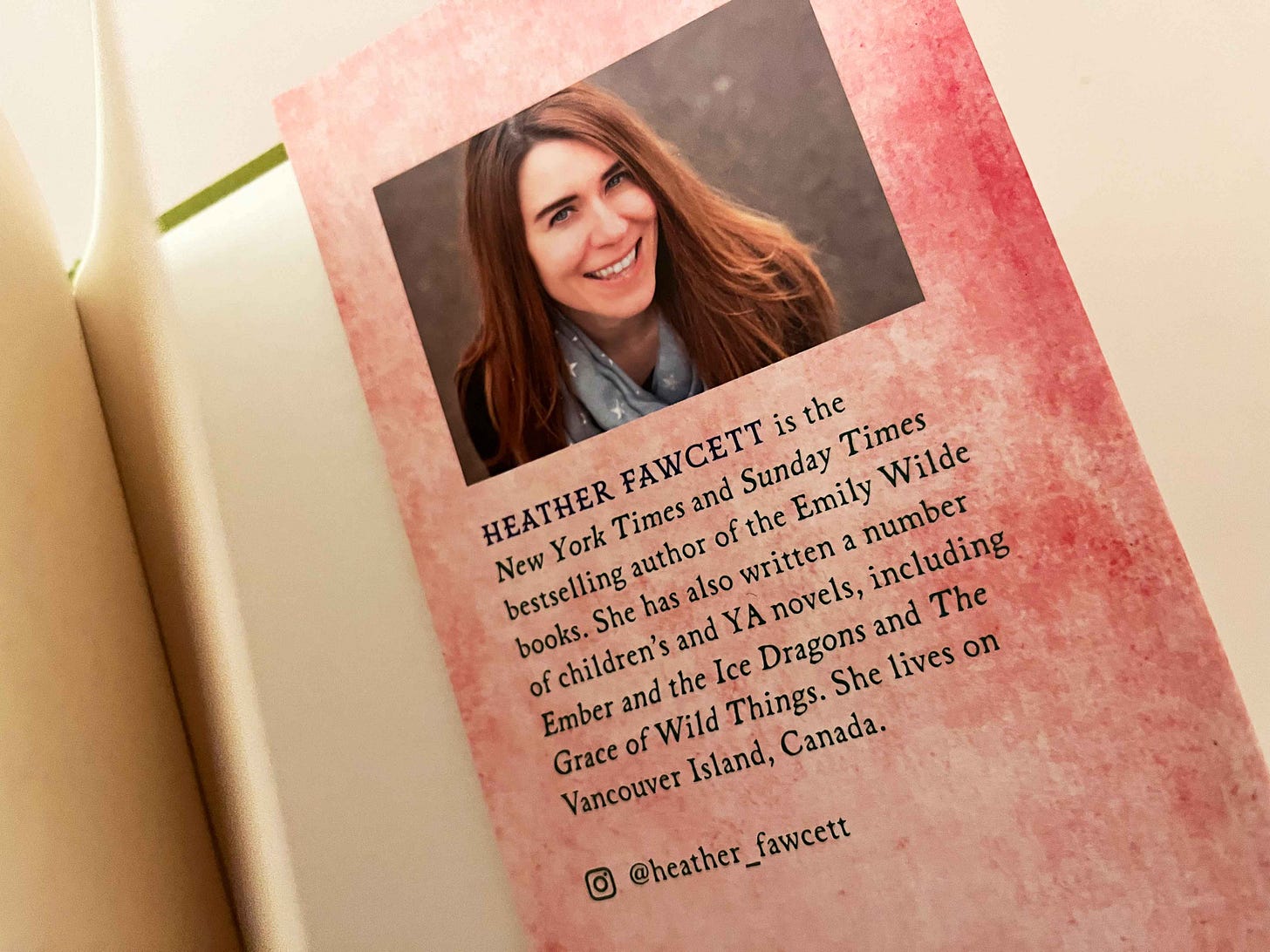The Book Club Review Reading Report: Issue 2
I had busy week last week getting the latest pod episode ready (Daisy Buchanan joined me to talk about her new book Read Yourself Happy – she was an absolute joy to talk to and left me with about a thousand books I wanted to read, do have a listen). As a result I didn’t get nearly as much reading done as I would have liked. I have been dipping in and out of some things though. Here are my notes on this week’s five books.
War & Peace by Leo Tolstoy *****
Number of pages: 1444 • Number of pages read so far: 810 • Favourite character: Dolokhov
‘After Prince Andrei’s engagement to Natasha, Pierre, without any apparent reason, suddenly felt it was impossible to go on living as before’
The pod’s Patreon supporters were keen to join a readalong of War & Peace this year, and so we’ve been reading around 200 pages a week (the posts are free to all if you want to head over there and check it out, though you do need to register as a free member to read them). It’s not my first time reading W&P (in fact this is fourth time around the Tolstoy block for me - sounds like a humble brag but to be clear there are loads of iconic texts like Ulysses and In Search of Lost Time I’ve never gone near, I just happen to love W&P), which is my excuse for justifying the fact that I am very much skating through it to keep up. That said I’m reminded all over again of why I love it so much, of Tolstoy’s ability to take you inside the hearts and minds of all his characters, whether it be one of the principals like Prince Andrei or Pierre, or a Polish general so overcome with the need to impress Napoleon he leads his detachment of men into a freezing river where half of them drown. And although you think ‘what an idiot’ at the same time you completely understand his feelings. It always makes me smile when at one point Tolstoy switches to the p.o.v. of Nikolai Rostov’s horse! This time around I’m much more interested in how Tolstoy has structured his book, how he sets up his characters with all their flaws knowing that time and experience will change them. At the moment everyone is outraged at Anatole Kuragin’s appalling behaviour with Natasha, but knowing as I do what’s coming I can’t help but feel sorry for what fate has in store for him. Last time I read the Pevear Volokhonsky translation, which felt like a very authentic experience (as indeed Pevear is at great pains to explain in his foreword). This time I’ve gone back to the Rosemary Edmonds, the translation I first encountered that made the experience of reading it such a joy. She may have been more interventionist with the text, but the story absolutely flies along and the sentences sing. If you’ve never read it but would like to, know that yes, it is long, but it’s full of incident, the chapters are short, and you’ll find that quite quickly you care very much about the characters and what happens to them, and you won’t notice the page-count.
Perfection by Vincenzo Latronico (Sophie Hughes) ****
Number of pages: 113 • Number of pages read: 113 • Favourite character: there’s only really Anna and Tom, and they’re too dispiriting to love
‘They spent all their time in plant-filled apartments and cafés with excellent wifi. In the long run it was inevitable they would convince themselves that nothing else existed.’
There are so many interesting things about this slim novel that artfully critiques an Instagram-led ‘creative’ life, but one of them is that the novel itself is all surface. We never really see into the true interior lives of the main characters Anna and Tom, only their relationship as they present it to the world. And while I see how that is a clever way of telling this particular story, it did also mean I didn’t care much about either of them – if the book had been any longer than 100 pages I would have probably put it aside. But cleverly, again, it’s short enough to hold the reader’s attention. Anna and Tom are two expat, millennial, graphic designers who move to Berlin in the oughts when rents are cheap and the city is a creative mix of possibilities. But over the years things start to change. The gentrification that they themselves are a part of sweeps away what made the city charming in the first place, and gradually their friends are priced out and return home. They themselves realise they can no longer afford the lifestyle they thought was their dream. Even a second-chance, when it comes, cannot stave off their sense of ennui. I wondered as I was reading it what Lauren Oyler would make of it (and see her excellent novel Fake Accounts for why I would wonder this) and then there she was in the acknowledgments. I felt a bit prickly on behalf of graphic designers (for, dear reader, I am one, and I think there’s more to us than an obsession with fonts), but I appreciate I’m bringing my own niche concerns to the critique. Mainly I thought it was interesting and would make for great book club discussion, and yet felt ever so slightly deadened after reading it. So I’m not sure if I’m recommending it or not, but I did think it was a fine piece of work. (I think the key to unlocking it might be to read Things: A Story of the Sixties by Georges Perec, which Latronico cites as the direct inspiration for Perfection.)
Glorious Exploits by Ferdia Lennon *****
Number of pages: 289 • Number of pages read: 289 + endmattter • Favourite character: He’s an antihero for sure, but I fell for the narrator Lampo
‘I suggest we do a full run-through with the words as there’s still time, but Gelon’s having none of it. Repetition only goes so far, and he wants them to be a little lost up there too. He says the best theatre isn’t about showing something but finding it. Certainty is the way of cowards and fools, and Euripides is neither.’
I love, love, loved this brilliant book which took me back through time to the Mediterranean of antiquity yet at the same time felt relevant to the present day. It’s set on Syracuse amid one of the many episodes of conflict that made up the Peloponnesian Wars (431–404 BC). Having won a victory against Athenian invaders the Syracusians throw the remaining prisoners of war into a pit, intending to starve them to death. Enter two local unemployed potters ‘with a soft spot for poetry and drink’ who hatch a plan to get the starving Athenians to perform a Euripides play, perhaps the last one anyone will ever see. Meanwhile everyone speaks like a character in the Banshees of Inisherin which strangely feels exactly right. It’s full of comedy, tragedy, wit and pathos with that thing I always love where some fragments of history have inspired a whole story that brings everything back to life in a way that you care about. This was one of *those* books, and I’m always so excited when they come along. A great book club pick.
Why Women Read Fiction: The Stories of Our Lives by Helen Taylor
Number of pages: 234 plus endmatter
“Finding a real or virtual room of one’s own is an uphill struggle for many women. Because only a minority are ‘professional’ readers (teachers, academics, journalists) most must select and devour books in the cracks of working and domestic lives.”
I picked this up in Blackwell’s Oxford, where you tend to come across these slightly more academic things, and I’m curious to be told about myself. I was delighted, in fact, to find this as I’d heard an Exeter academic was doing research into book clubs, but hadn’t ever known if the project came to anything. When I dipped in, I realised this was the book! It feels like a conversation with a wise literary friend who is drawing together anecdotal evidence to reveal truths about women and their reading habits. Did you know that women account for 80% of book sales? Bloomsbury Publishing Editor-in-Chief Alexandra Pringle wrote: ‘[T]he nest of fiction is kept feathered by the efforts of women: the women who write fiction, the women who publish it, the women who buy and read it and discuss it in their book groups.’ Maybe she could add women who podcast about it to the list!
Emily Wilde’s Compendium of Lost Tales by Heather Fawcett
Number of pages 354 • Number of pages read: 58 • Favourite character: Emily Wilde
I’ve taken up a habit suggested to me by podcast regular Phil Chaffee of taking light reading up to bed with me (although this being the main time I get any reading done generally, see cracks of working and domestic lives, etc., etc., it has meant I’ve had more cozy books in my reading diet than usual). I loved Heather Fawcett’s first book, Emily Wilde’s Encylopedia of Faeries ****, mainly because I was so taken with grumpy academic Emily Wilde and her supernatural expertise. I also loved the will-they-won’t-they relationship with her academic nemesis, Wendell Bambleby. I didn’t enjoy the follow up, Map of the Otherlands **, quite as much, mainly because a lot of the suspense had gone by that point, and there was a little too much emphasis on things like embroidery and interior decorating. I was surprised, therefore, at how pleased I felt to discover this new third volume nestling on the Blackwell’s shelves. So far I’m enjoying it – the faerie realm is like a Susanna Clarke footnote come to life and Emily Wilde now has a significant part to play, I’m off to curl up and read it now. After all the war and peace, ancient violence and contemporary existential dread, I think I’ve earned it.
Guide to star ratings
***** A book I loved, and in which I could find no flaws, or there were flaws, but I loved it so much I didn’t care about them. An enthusiastic recommend.
**** A book I enjoyed, liked, admired, but there must have been something that stopped it being an out-and-out five-star favourite
*** Things I loved, things I didn’t, but what were they?
** What went wrong? Was it the writing? The characters? The plot? May have been one or all of these (including that most insidious of enemies, disappointed expectations)
* While I generally like and admire most things that I read, not every book is for me, and if I’ve given it one star it’s probably because I was hugely disappointed or felt my time had been wasted, and want to warn others against experiencing the same fate.


